Het arrangement Teenage parents h45 is gemaakt met Wikiwijs van Kennisnet. Wikiwijs is hét onderwijsplatform waar je leermiddelen zoekt, maakt en deelt.
- Auteur
- Laatst gewijzigd
- 11-05-2025 19:51:46
- Licentie
-
Dit lesmateriaal is gepubliceerd onder de Creative Commons Naamsvermelding-GelijkDelen 4.0 Internationale licentie. Dit houdt in dat je onder de voorwaarde van naamsvermelding en publicatie onder dezelfde licentie vrij bent om:
- het werk te delen - te kopiëren, te verspreiden en door te geven via elk medium of bestandsformaat
- het werk te bewerken - te remixen, te veranderen en afgeleide werken te maken
- voor alle doeleinden, inclusief commerciële doeleinden.
Meer informatie over de CC Naamsvermelding-GelijkDelen 4.0 Internationale licentie.
Aanvullende informatie over dit lesmateriaal
Van dit lesmateriaal is de volgende aanvullende informatie beschikbaar:
- Toelichting
- Deze les valt onder de arrangeerbare leerlijn van de Stercollectie voor Engels voor havo, leerjaar 4 en 5. Dit is thema 'Love, friendship and relationships'. Het onderwerp van deze les is: Teenage parents. In deze les staat tienerzwangerschap en ouder zijn als tiener centraal. Er wordt gekeken naar de hoeveelheid tienerzwangerschappen binnen Europese landen. Daarbij is er aandacht voor de oorzaken en gevolgen ervan. In de opdracht over uitspraak wordt het onderdeel -Schwa en -er behandelt. De grammaticaopdracht gaat over Comparatives.
- Leerniveau
- HAVO 4; HAVO 5;
- Leerinhoud en doelen
- Engels;
- Eindgebruiker
- leerling/student
- Moeilijkheidsgraad
- gemiddeld
- Studiebelasting
- 3 uur 0 minuten
- Trefwoorden
- -er woorden, -schwa, arrangeerbaar, comparatives, engels, h45, stercollectie, teenage parents

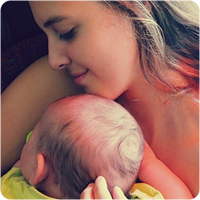 The subject of this lesson is 'Teenage parents'.
The subject of this lesson is 'Teenage parents'.


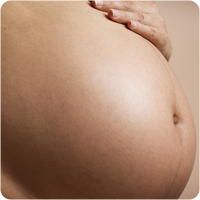 Speaking
Speaking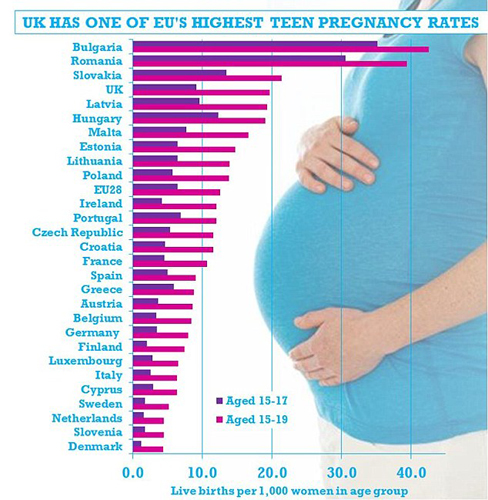 Britain has the highest teen pregnancy rate in Western Europe, new figures showed today. Only Bulgaria, Romania and Slovakia have a bigger problem with girls aged 15-19 giving birth, the Office for National Statistics said. Tackling high levels of teenage pregnancies is linked to the struggle to break the cycle of ill-health and poverty, the ONS said.
Britain has the highest teen pregnancy rate in Western Europe, new figures showed today. Only Bulgaria, Romania and Slovakia have a bigger problem with girls aged 15-19 giving birth, the Office for National Statistics said. Tackling high levels of teenage pregnancies is linked to the struggle to break the cycle of ill-health and poverty, the ONS said.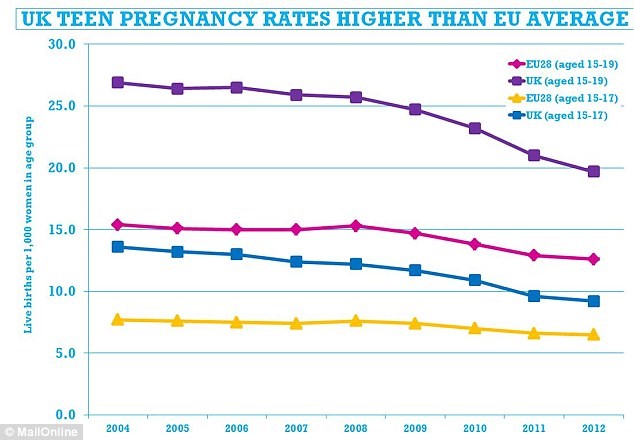
 Words
Words
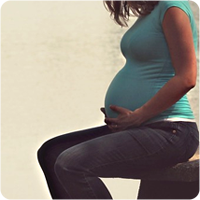 What Pregnant and Parenting Teens Really Need
What Pregnant and Parenting Teens Really Need
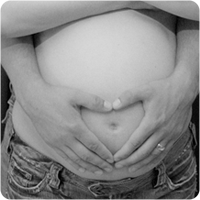 Grammar
Grammar
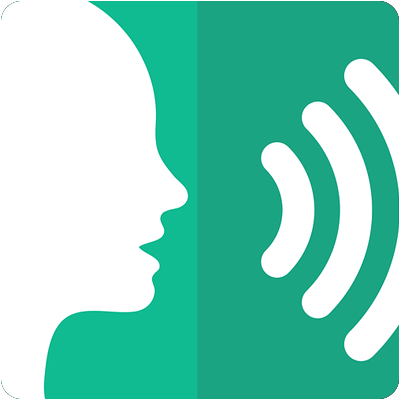
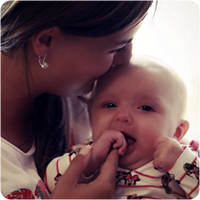 Task
Task